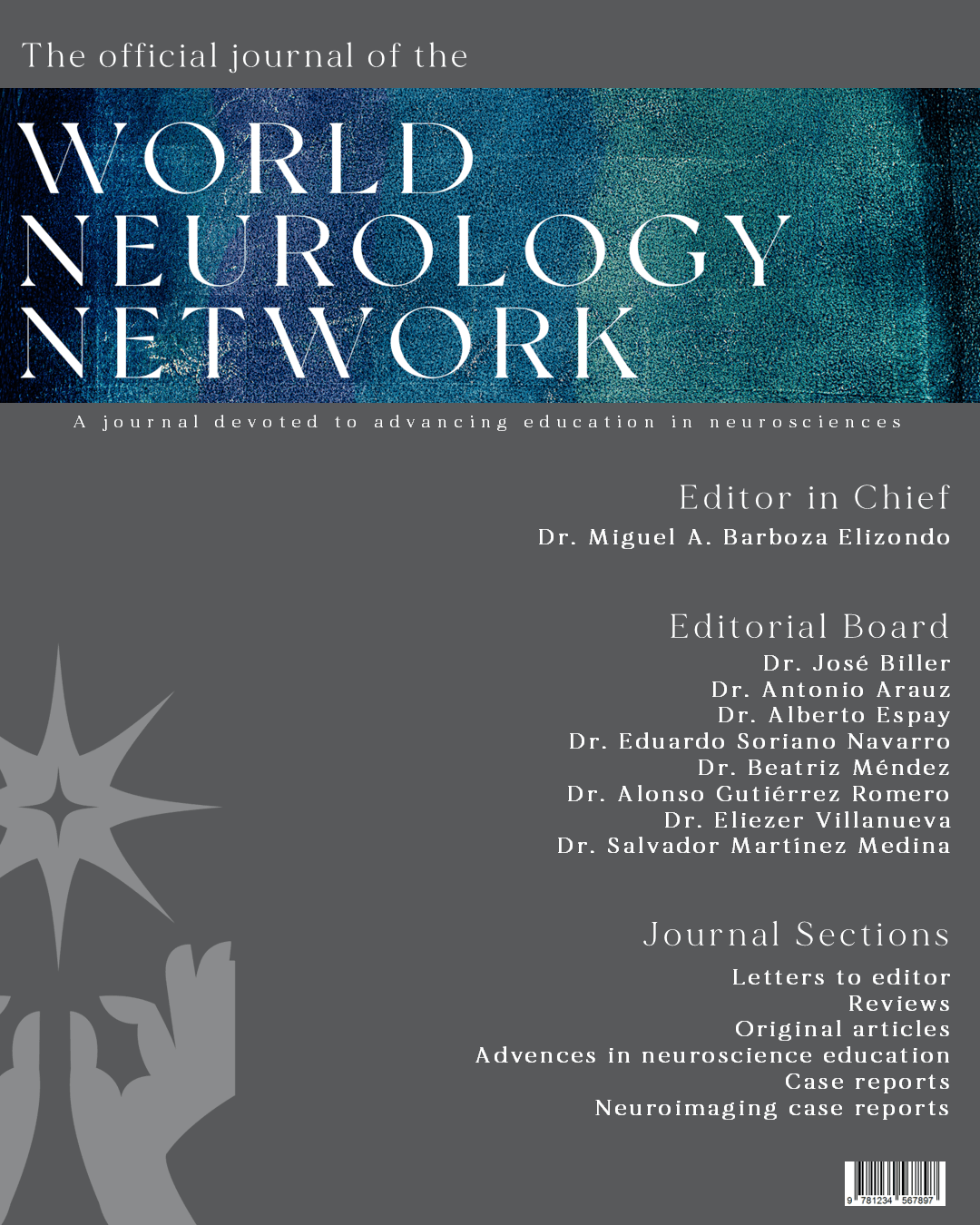Apple’s recent foray into health technology has captured the attention of the medical community, particularly in the field of neurological care. With new features in their devices focused on monitoring and managing neurological conditions, Apple aims to revolutionize how patients and healthcare providers approach neurological health. From enhanced mobility tracking to sophisticated sleep and heart monitoring, the tech giant’s innovations promise to offer valuable data and insights for both preventative and ongoing care.
A standout feature is the integration of advanced motion sensors and algorithms capable of detecting subtle changes in gait and balance. This could be transformative for conditions such as Parkinson’s disease, where early detection of symptom changes is crucial for effective treatment adjustments. These advancements allow for continuous monitoring outside of clinical settings, providing doctors with more comprehensive data than ever before.
Apple is also enhancing its health platform to support research and clinical trials. By enabling users to share their health data securely, researchers can gather real-world evidence on a scale previously unattainable. This could accelerate the development of new treatments and improve the understanding of neurological conditions, making it easier to identify patterns and potential therapeutic targets.
However, there are concerns about data privacy and the medical reliability of consumer-grade devices. While Apple has made strides in ensuring data security, the medical community remains cautious. The question is whether these innovations can truly be integrated into clinical practice or if they will remain supplementary tools for patients and doctors.
As Apple continues to push the boundaries of health technology, its impact on neurological care remains to be fully seen. If successful, these innovations could mark a significant shift in the way neurological conditions are monitored and managed, potentially offering new hope for patients worldwide.







